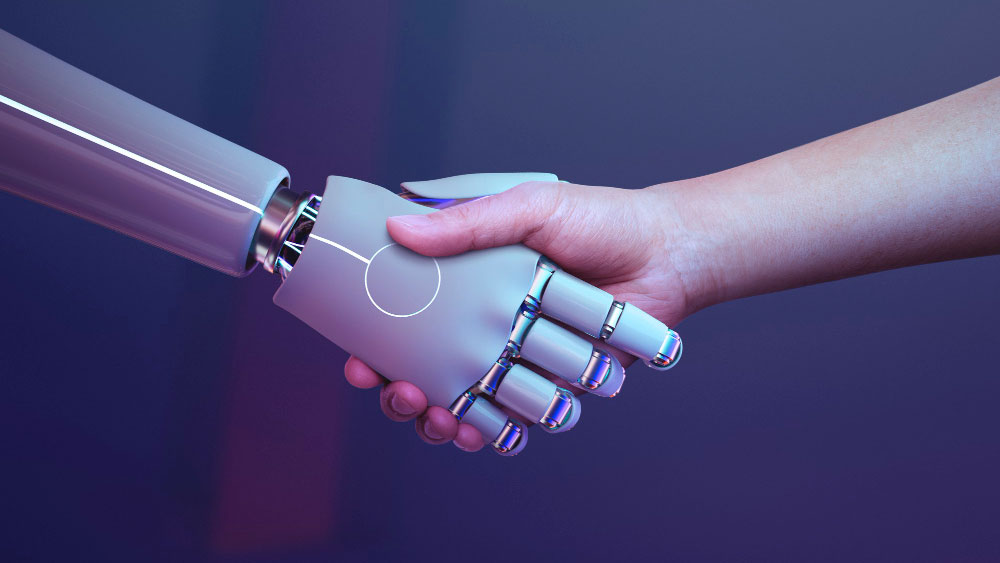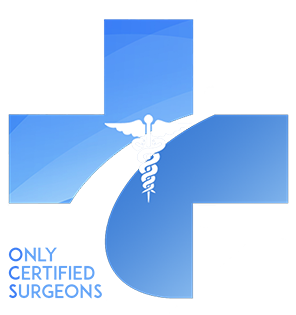In recent years, the healthcare industry has witnessed a groundbreaking advancement with the introduction of artificial intelligence (AI). One area where AI has shown immense potential is in medical diagnosis. This article delves into the profound impact of AI on the field of diagnostics, revolutionizing the way diseases are identified and treated.
- Enhancing Accuracy and Efficiency:
AI algorithms have the ability to analyze vast amounts of medical data and identify patterns that may go unnoticed by human doctors. This leads to improved accuracy and efficiency in diagnosing various conditions, ranging from common ailments to rare diseases. - Early Detection and Prevention:
AI-powered diagnostic systems excel in detecting early signs of diseases, allowing for timely interventions and better patient outcomes. By analyzing patient data, such as medical records, lab results, and imaging scans, AI algorithms can flag potential risks and prompt physicians to take preventive measures. - Supporting Medical Experts:
Rather than replacing doctors, AI acts as a valuable tool for healthcare professionals. It provides them with comprehensive insights, assisting in making more informed decisions. AI algorithms can suggest potential diagnoses, recommend appropriate tests, and offer treatment options based on extensive medical knowledge and real-time data. - Personalized Medicine:
With AI, the concept of personalized medicine becomes more achievable. By integrating patient-specific data, including genetic information and lifestyle factors, AI algorithms can generate tailored treatment plans that optimize outcomes and minimize adverse effects. - Challenges and Ethical Considerations:
While the benefits of AI in medical diagnosis are undeniable, there are ethical considerations and challenges to address. Issues such as data privacy, algorithm bias, and maintaining human oversight in decision-making processes must be carefully managed to ensure the responsible and ethical implementation of AI in healthcare.
Artificial intelligence has brought a paradigm shift in medical diagnosis, empowering healthcare providers with advanced tools to improve accuracy, early detection, and personalized care. As AI continues to evolve, it holds immense promise for transforming the healthcare landscape, ultimately leading to better patient outcomes and a more efficient healthcare system.





